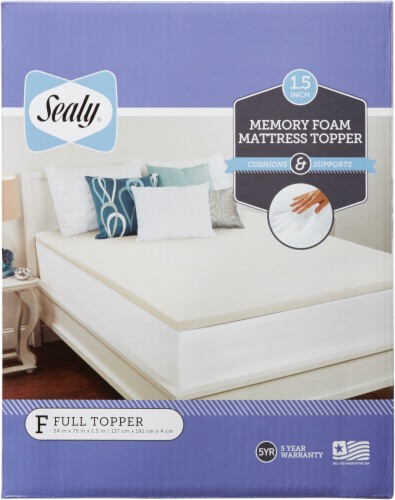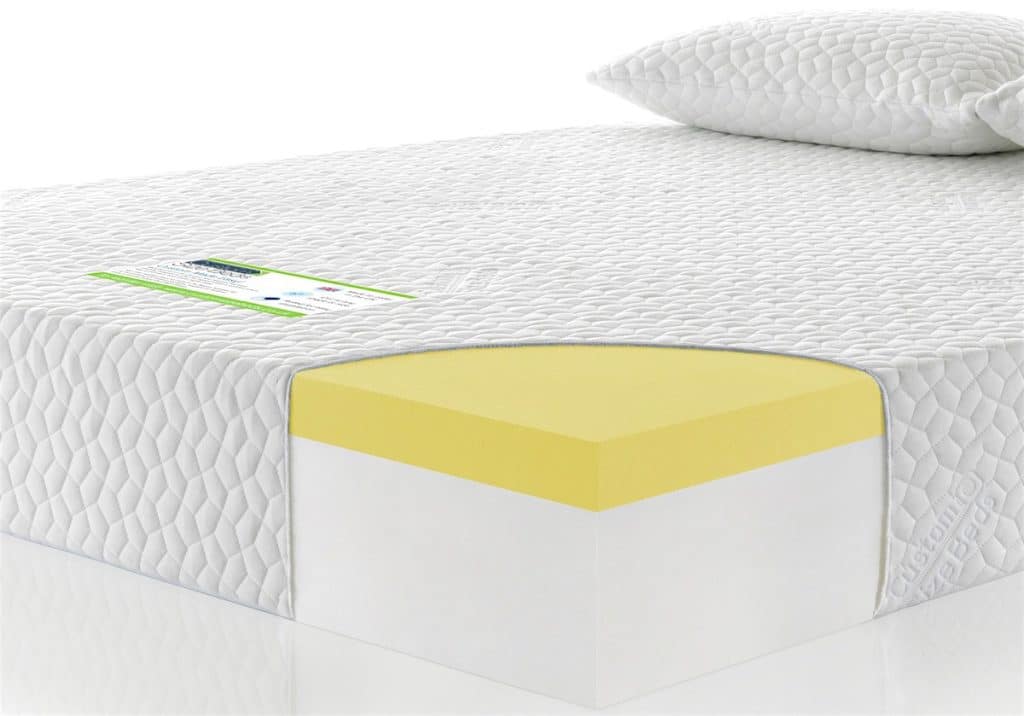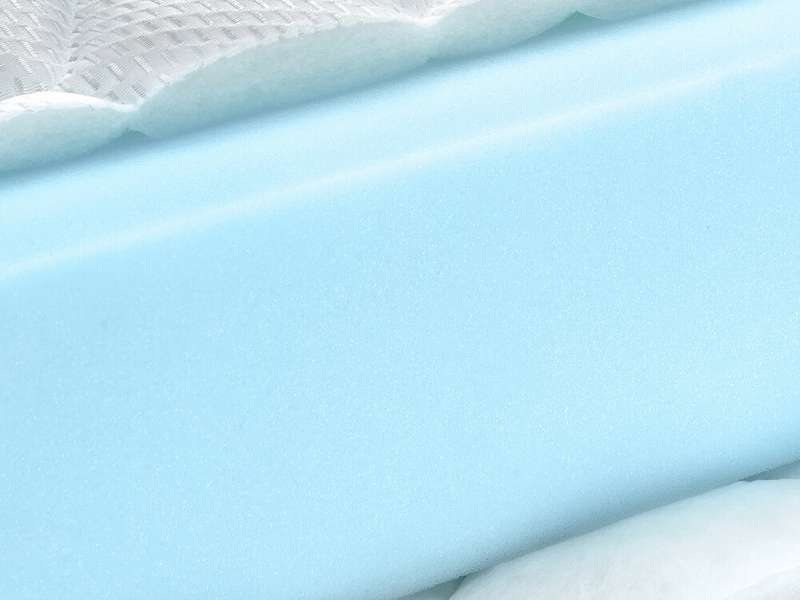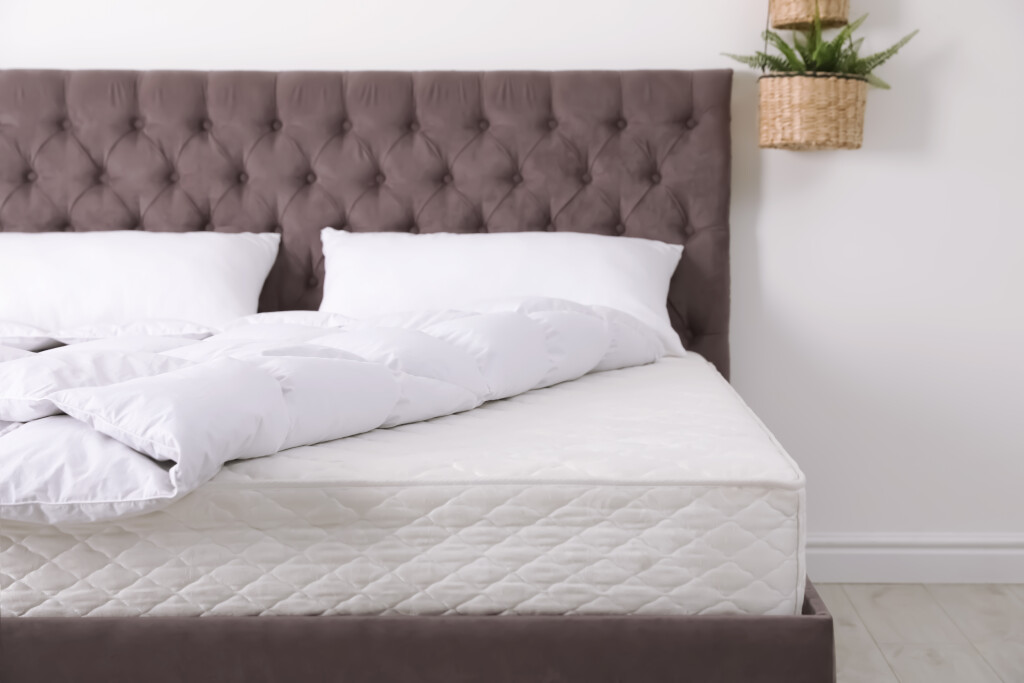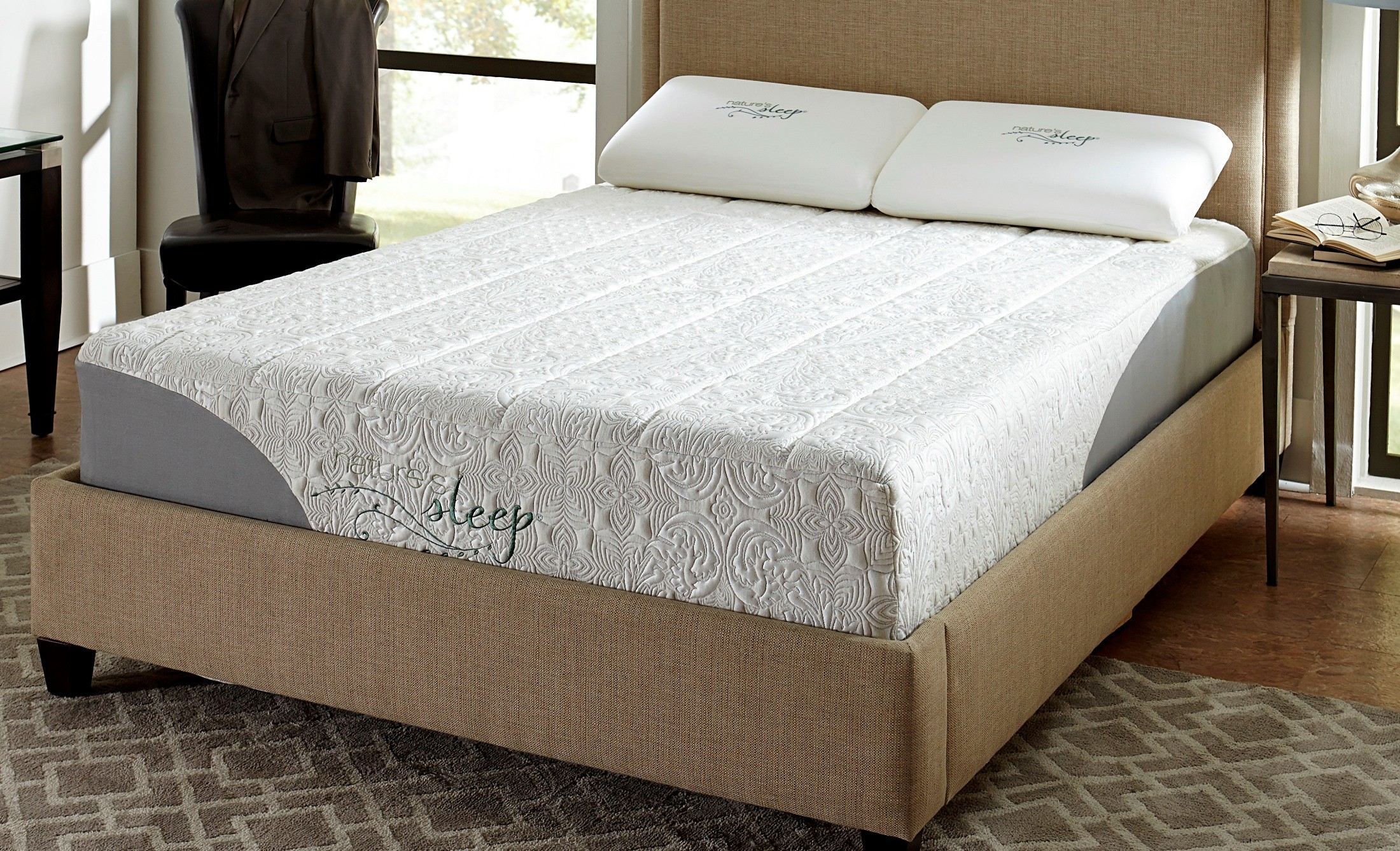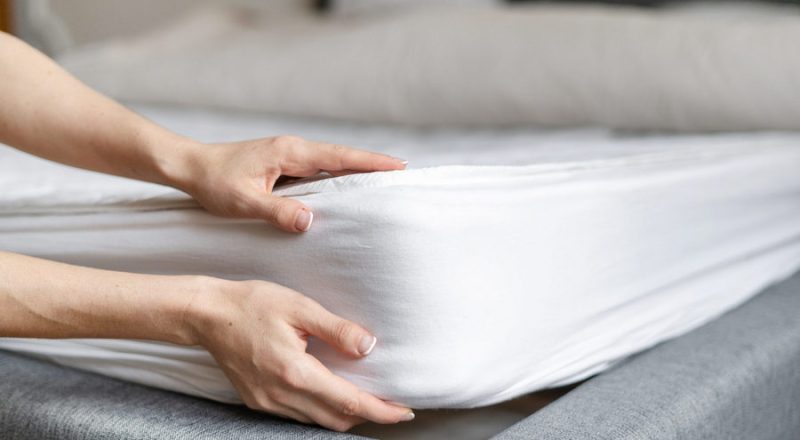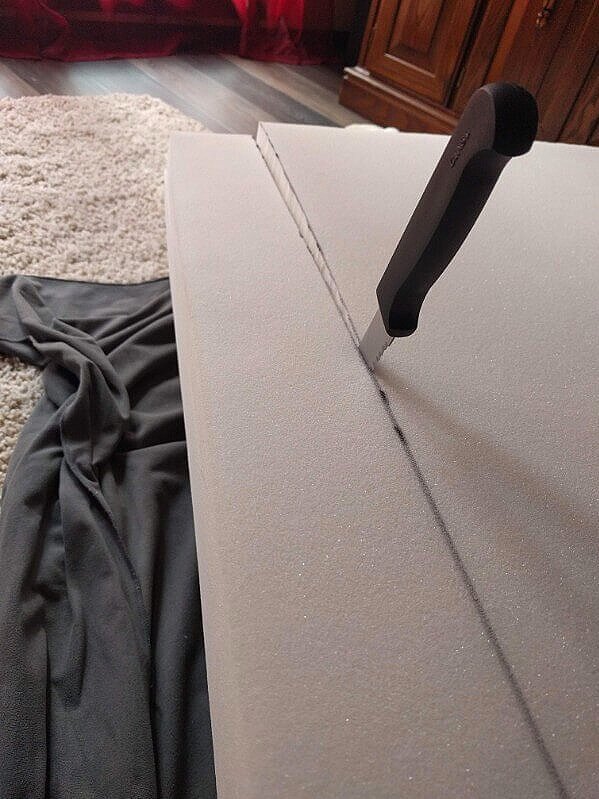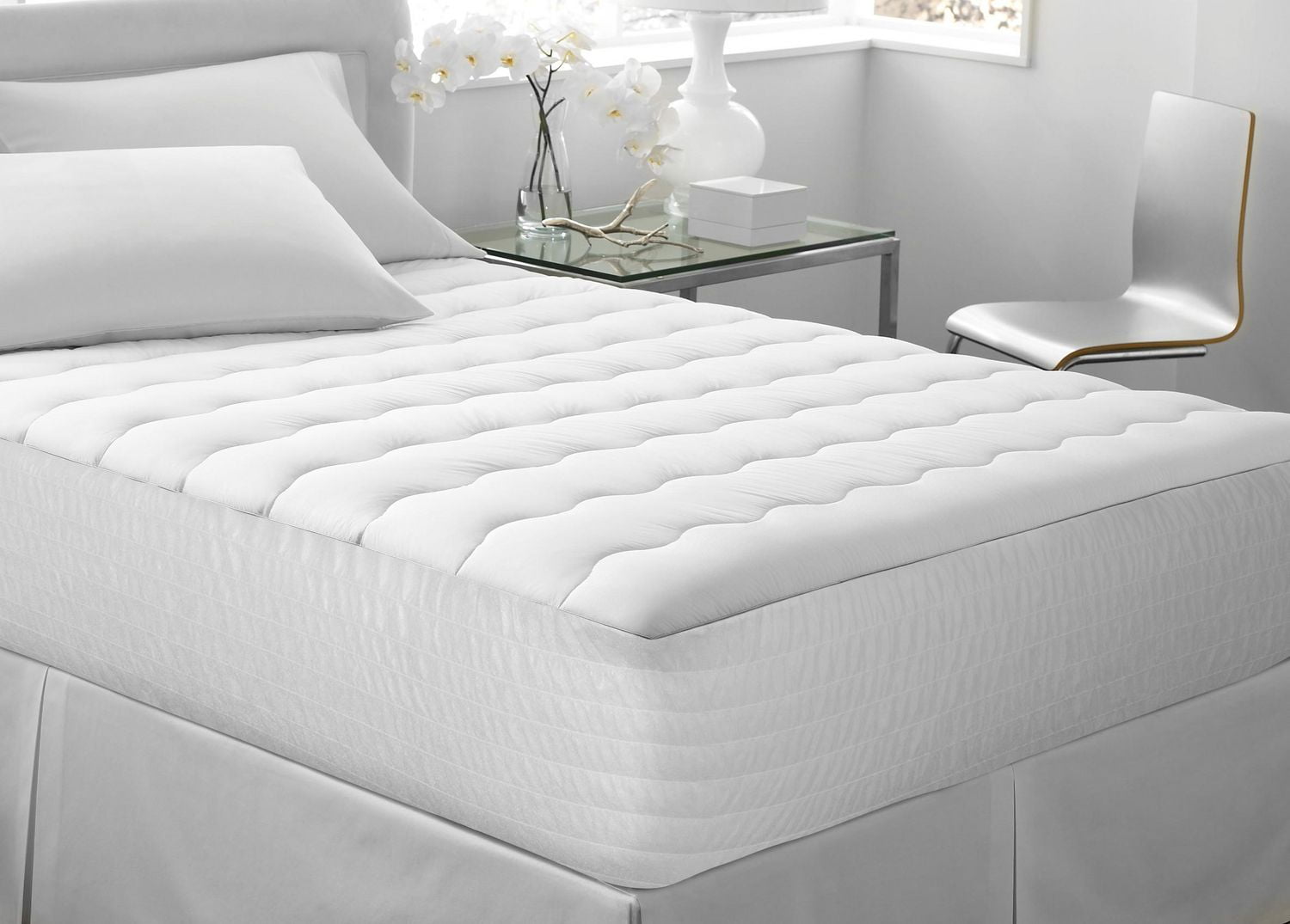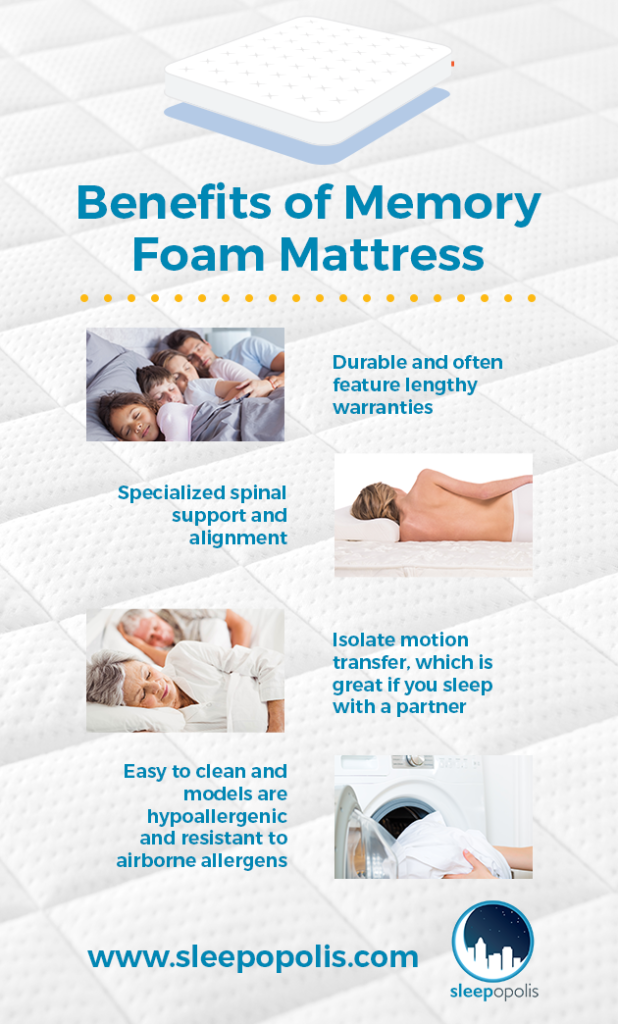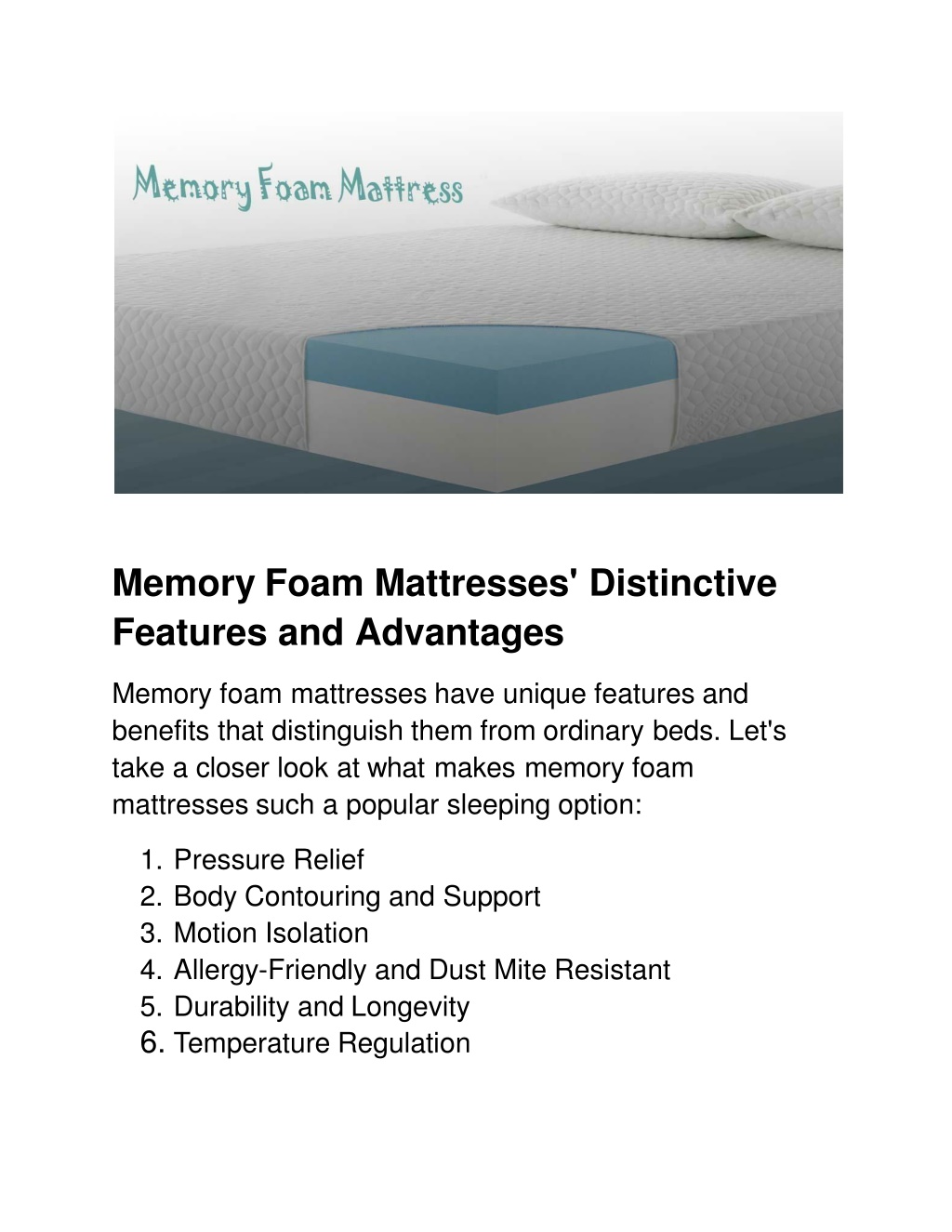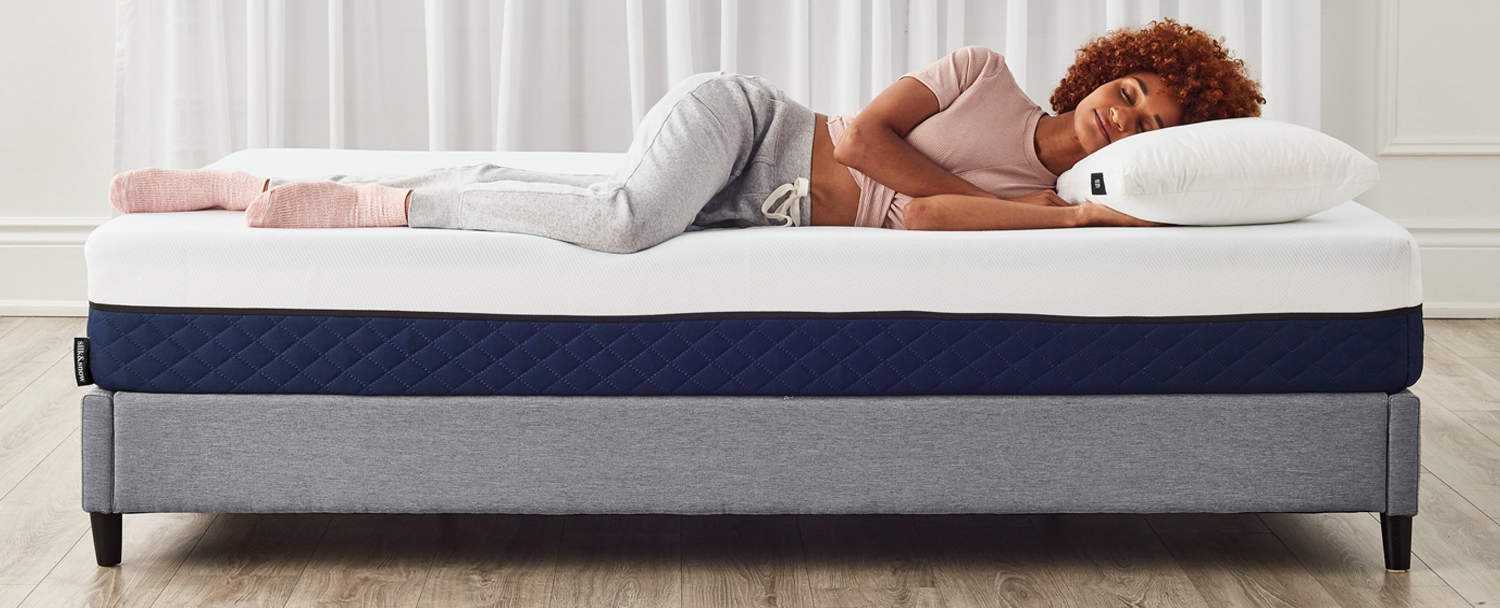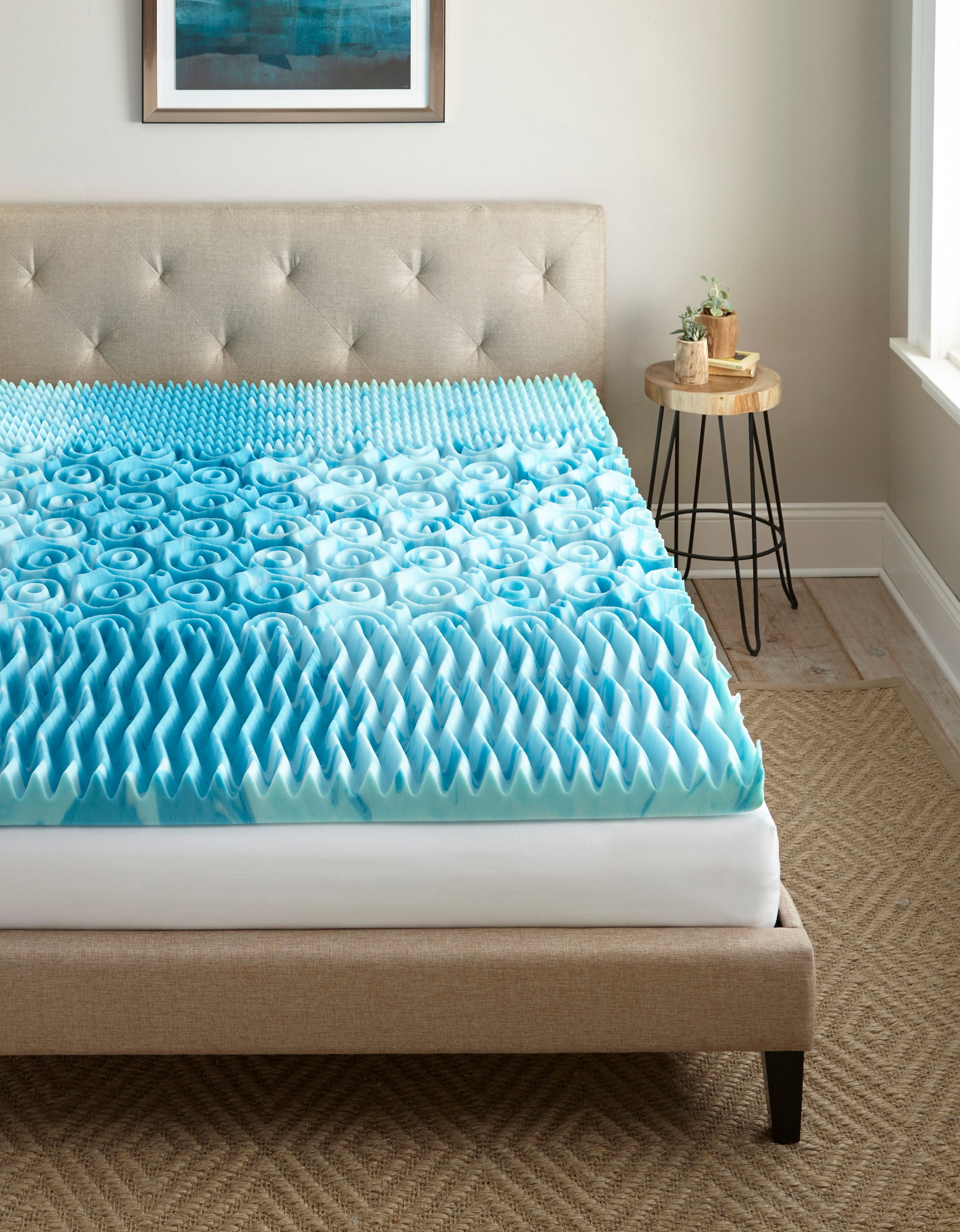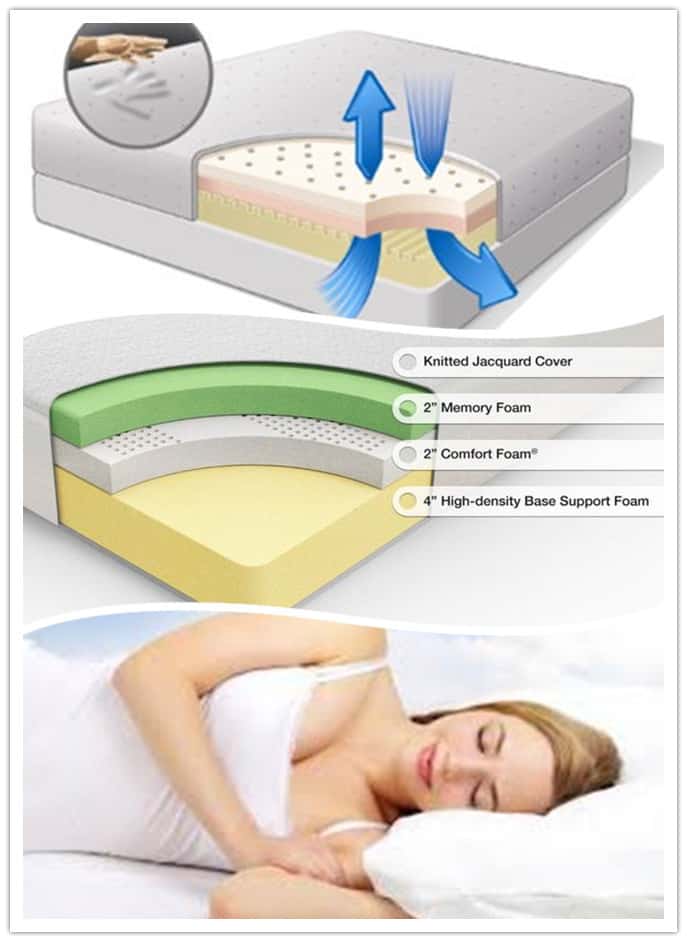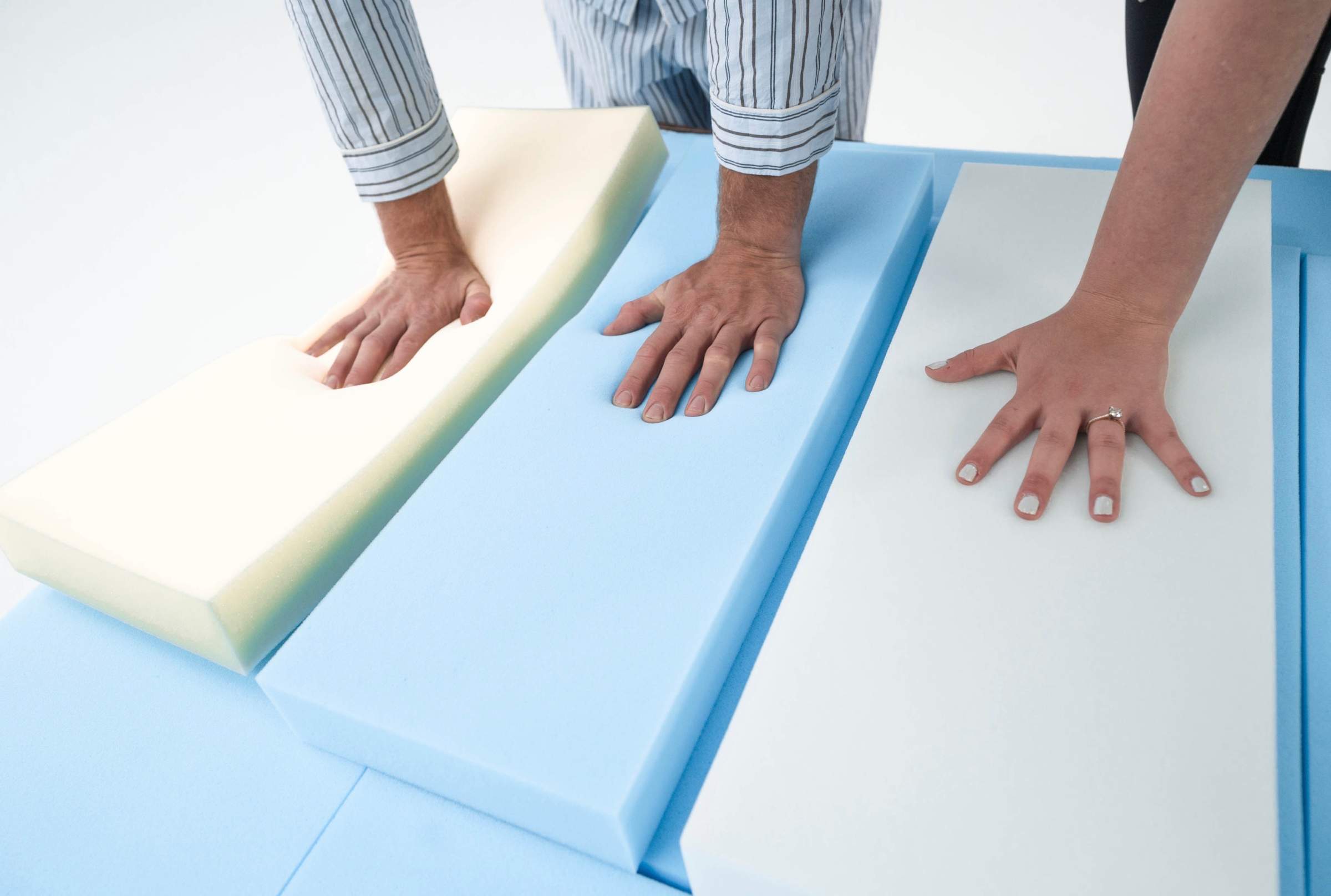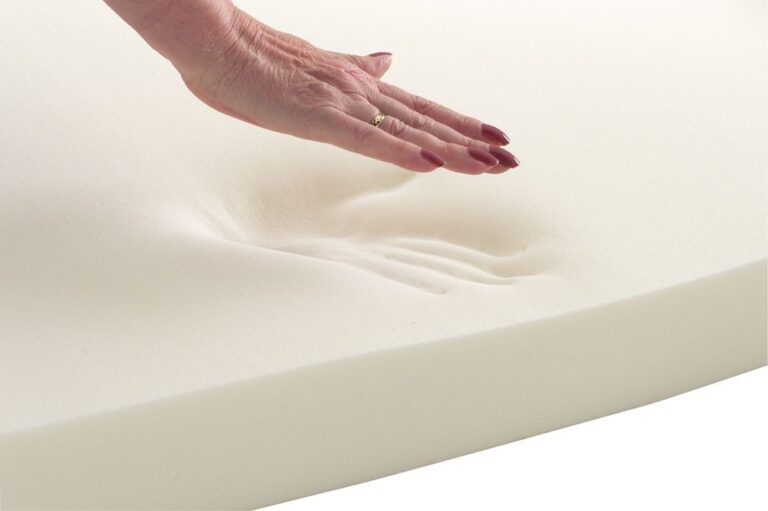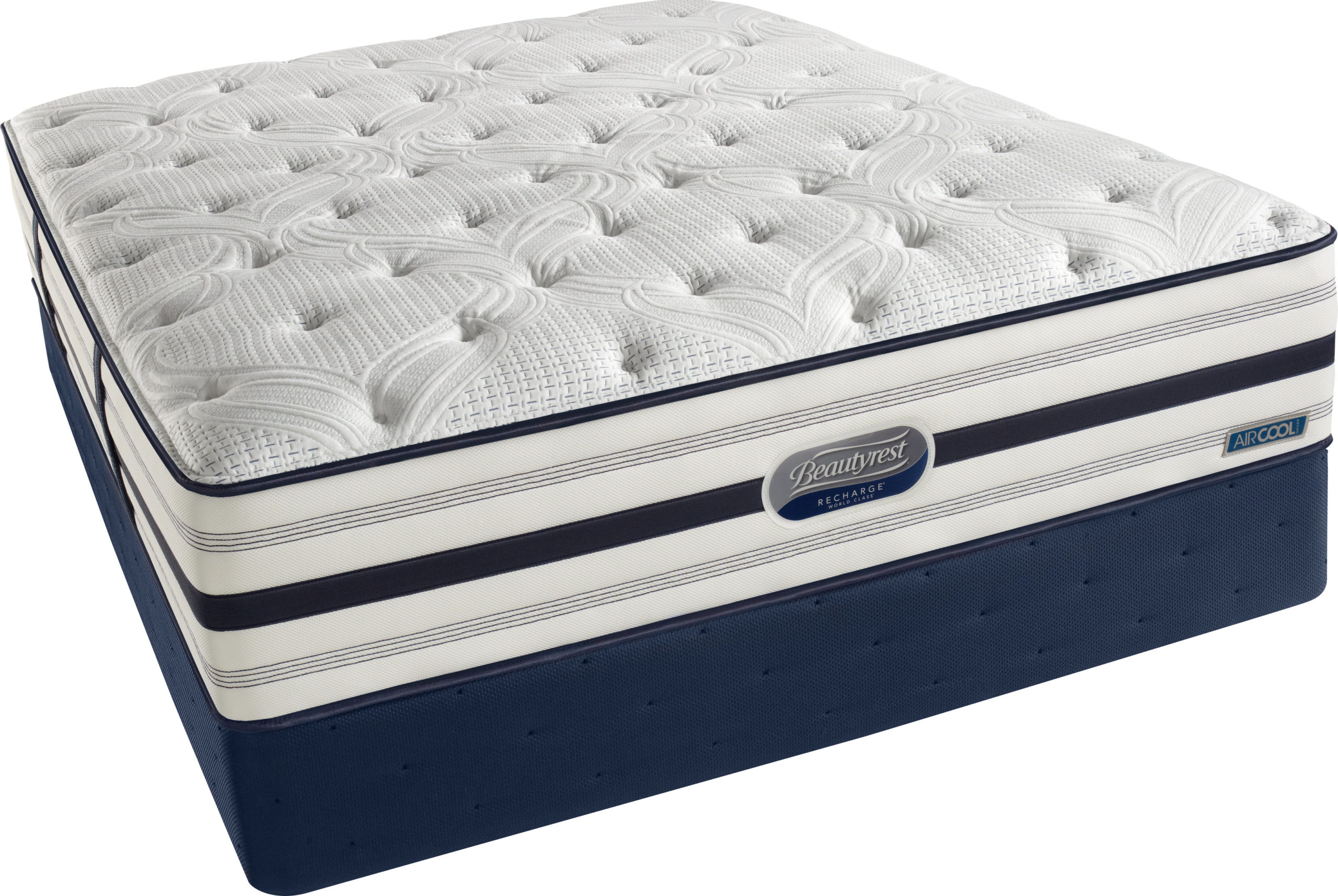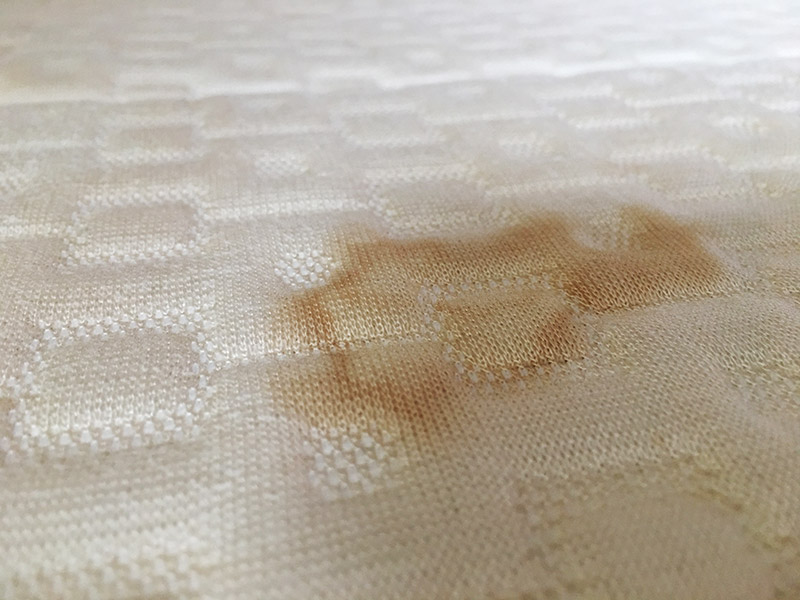Memory foam mattress pads have gained popularity in recent years as a comfortable and supportive bedding option. However, like any other product, they have both pros and cons that should be considered before making a purchase. In this article, we will discuss the top 10 main pros and cons of memory foam mattress pads to help you make an informed decision.Memory Foam Mattress Pad Pros and Cons
1. Comfort: One of the biggest advantages of memory foam mattress pads is their ability to conform to your body's shape, providing personalized support and comfort. This can help alleviate pressure points and reduce the chances of waking up with aches and pains. 2. Pain Relief: The contouring properties of memory foam can also help alleviate pain in the back, neck, and shoulders. This makes them a popular choice for those who suffer from chronic pain or have injuries. 3. Motion Isolation: Memory foam has excellent motion isolation properties, meaning that movement on one side of the bed will not disturb the other person's sleep. This is especially beneficial for couples who have different sleep schedules or who are easily disturbed by movement. 4. Durability: Memory foam mattress pads are known for their durability, with a lifespan of 7-10 years on average. This makes them a good long-term investment for your sleep quality. 5. Hypoallergenic: Memory foam is resistant to dust mites, making it an ideal choice for those with allergies or asthma. It is also less likely to collect allergens and bacteria compared to traditional mattresses, making it a healthier sleep option.Memory Foam Mattress Pad Benefits
1. Heat Retention: One of the most common complaints about memory foam mattress pads is that they can trap body heat, causing sleepers to feel uncomfortably warm. This can be especially problematic for those who tend to sleep hot. 2. Off-gassing: Memory foam mattresses are made with chemicals that can emit a strong odor when first unpackaged. This off-gassing process can be unpleasant for some people and may take a few days to dissipate completely. 3. Weight: Memory foam can be quite heavy, making it difficult to move or rotate the mattress. This can be a challenge for those who live alone or have physical limitations. 4. Cost: Memory foam mattress pads can be more expensive than traditional mattresses, with some high-end options costing thousands of dollars. This may not be feasible for those on a budget. 5. Not Suitable for Everyone: While memory foam can provide excellent support for most people, it may not be the best choice for those who prefer a firmer or bouncier mattress. It is also not recommended for infants and young children due to the risk of suffocation.Memory Foam Mattress Pad Drawbacks
1. Provides Superior Support: Memory foam mattress pads are known for their ability to provide excellent support for the body, helping to relieve pressure points and prevent pain. 2. Reduces Motion Transfer: Memory foam can absorb movement, making it an ideal choice for couples who share a bed. 3. Customizable Firmness: Memory foam is available in various levels of firmness, making it easier to find the right fit for your sleep needs. 4. Long-lasting: With proper care, memory foam mattress pads can last for many years, making them a worthwhile investment. 5. Easy Maintenance: Memory foam mattress pads are relatively easy to maintain, with most only requiring spot cleaning and occasional rotating.Memory Foam Mattress Pad Pros
1. Heat Retention: As mentioned earlier, memory foam can retain heat, causing discomfort for some sleepers. 2. Initial Odor: The off-gassing process can be unpleasant for some people, and it may take a few days for the smell to go away completely. 3. Heavy: Memory foam mattress pads can be challenging to move and rotate due to their weight. 4. Expensive: Memory foam mattress pads can be quite expensive, making them less accessible for those on a budget. 5. Not for Everyone: While memory foam can provide excellent support for most people, it may not be the best choice for those who prefer a firmer mattress or have certain health conditions.Memory Foam Mattress Pad Cons
Pros: - Provides superior support - Reduces motion transfer - Customizable firmness - Long-lasting - Easy maintenance Cons: - Traps heat - Off-gassing odor - Heavy - Expensive - Not suitable for everyoneMemory Foam Mattress Pad Pros and Cons Comparison
Before making a purchase, it's always a good idea to read reviews from other customers to get an idea of their experiences with the product. Look for reviews that mention the specific pros and cons that are important to you to get a better understanding of whether the memory foam mattress pad would be a good fit for your needs.Memory Foam Mattress Pad Reviews
If you have decided that a memory foam mattress pad is the right choice for you, here are a few things to consider when making a purchase: - Firmness level: As mentioned earlier, memory foam comes in various levels of firmness. Consider your sleep preferences and any specific health conditions to determine the best firmness level for you. - Thickness: Memory foam mattress pads come in different thicknesses, ranging from 2 to 6 inches. Thicker pads tend to provide more support and are better for heavier individuals. - Density: The density of memory foam can affect its comfort and durability. Higher density foam tends to be more supportive and long-lasting, but also more expensive. - Budget: Memory foam mattress pads can vary significantly in price, so it's essential to set a budget and stick to it. Keep in mind that a higher price doesn't always mean better quality. Overall, memory foam mattress pads can be an excellent choice for those looking for a comfortable and supportive sleep surface. However, it's crucial to consider the pros and cons to determine if it's the right fit for your needs. With the tips and information provided in this article, you can make an informed decision and find the perfect memory foam mattress pad for a good night's sleep.Memory Foam Mattress Pad Buying Guide
The Pros and Cons of Memory Foam Mattress Pads for a Better Sleep Experience

Pros of Memory Foam Mattress Pads
 Memory foam mattress pads have gained popularity in recent years due to their ability to provide a comfortable and supportive sleep surface. Here are some of the main benefits of using a memory foam mattress pad:
1. Pressure Relief:
One of the biggest advantages of memory foam is its ability to distribute body weight evenly, reducing pressure points and alleviating pain. This makes it an ideal choice for those who suffer from joint or back pain.
2. Motion Isolation:
Memory foam is known for its ability to absorb motion, making it a great choice for couples. This means that if one partner moves or gets out of bed, the other won't be disturbed, allowing for a more restful sleep.
3. Customizable Support:
Memory foam is designed to contour to the body, providing personalized support and alignment. This can be especially beneficial for those with specific sleep needs, such as side sleepers or those with back problems.
4. Durability:
Memory foam mattress pads are known for their durability, with many lasting up to 10 years. This can save you money in the long run, as you won't need to replace your mattress pad as frequently as traditional ones.
Memory foam mattress pads have gained popularity in recent years due to their ability to provide a comfortable and supportive sleep surface. Here are some of the main benefits of using a memory foam mattress pad:
1. Pressure Relief:
One of the biggest advantages of memory foam is its ability to distribute body weight evenly, reducing pressure points and alleviating pain. This makes it an ideal choice for those who suffer from joint or back pain.
2. Motion Isolation:
Memory foam is known for its ability to absorb motion, making it a great choice for couples. This means that if one partner moves or gets out of bed, the other won't be disturbed, allowing for a more restful sleep.
3. Customizable Support:
Memory foam is designed to contour to the body, providing personalized support and alignment. This can be especially beneficial for those with specific sleep needs, such as side sleepers or those with back problems.
4. Durability:
Memory foam mattress pads are known for their durability, with many lasting up to 10 years. This can save you money in the long run, as you won't need to replace your mattress pad as frequently as traditional ones.
Cons of Memory Foam Mattress Pads
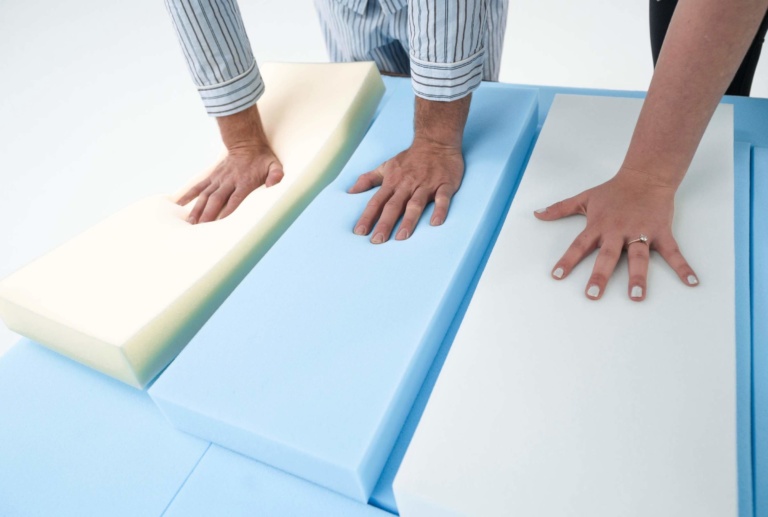 While memory foam mattress pads have many benefits, there are also some potential drawbacks to consider:
1. Heat Retention:
Memory foam can tend to retain heat, which can be uncomfortable for some sleepers, especially during warmer months. However, many newer memory foam mattress pads now come with cooling gel or other temperature-regulating features.
2. Off-Gassing:
Some memory foam mattress pads may emit a strong chemical odor upon first opening. This is known as off-gassing and can be bothersome for those with sensitivities. However, this smell should dissipate within a few days.
3. Initial Firmness:
Memory foam can feel quite firm upon initial use, which may take some getting used to. However, as the foam adjusts to your body, it will become softer and more comfortable.
4. Cost:
Memory foam mattress pads can be more expensive than traditional ones. However, when considering their durability and potential health benefits, the investment may be worth it.
In conclusion, memory foam mattress pads have many benefits that can greatly improve your sleep experience. However, they also have some potential drawbacks to consider. Ultimately, the decision to purchase a memory foam mattress pad will depend on your personal preferences and needs. If you do decide to invest in one, be sure to research and compare different brands and features to find the best option for you.
While memory foam mattress pads have many benefits, there are also some potential drawbacks to consider:
1. Heat Retention:
Memory foam can tend to retain heat, which can be uncomfortable for some sleepers, especially during warmer months. However, many newer memory foam mattress pads now come with cooling gel or other temperature-regulating features.
2. Off-Gassing:
Some memory foam mattress pads may emit a strong chemical odor upon first opening. This is known as off-gassing and can be bothersome for those with sensitivities. However, this smell should dissipate within a few days.
3. Initial Firmness:
Memory foam can feel quite firm upon initial use, which may take some getting used to. However, as the foam adjusts to your body, it will become softer and more comfortable.
4. Cost:
Memory foam mattress pads can be more expensive than traditional ones. However, when considering their durability and potential health benefits, the investment may be worth it.
In conclusion, memory foam mattress pads have many benefits that can greatly improve your sleep experience. However, they also have some potential drawbacks to consider. Ultimately, the decision to purchase a memory foam mattress pad will depend on your personal preferences and needs. If you do decide to invest in one, be sure to research and compare different brands and features to find the best option for you.


